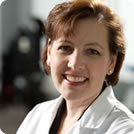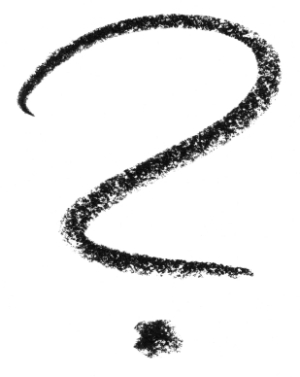Focus On Your Own Purpose Not Financial Products
 Focus on the financial products and you could well be missing your finacial goals.
Focus on the financial products and you could well be missing your finacial goals.
I’m often asked “How do I begin to get my financial affairs in order?”
That’s a great question. The task can be daunting. Do you begin with gathering documents, or do you start reviewing your investment portfolio, or do you start reading Money magazine and hope that you’ll be able to solve this seemingly complex problem?
I suggest to forget about all of that stuff…for now. Honestly, that stuff just isn’t as important as the more meaningful discussions you should have about your finances. Let me explain.
The problem I see with most physicians—and most financial advisors--is that they focus on the products too much and not on the purpose those products are serving. It’s like focusing on the proverbial trees and missing the forest.
So before you pick the next stock or buy the next annuity or hire a financial advisor, you need to define exactly what your goals are. Your goals dictate the financial products you buy and the investments you make. In other words financial products are simply tools to get you to your goals. They are means to an end.
For example, when you see a patient in your office or at the hospital, you take a history and physical, formulate a differential diagnosis, and then come up with a treatment plan. But the ultimate goal is to make the patient better in some way. Our focus as physicians is ultimately to improve the lives of our patients. And the prescriptions we write or the procedures we do are tools we use to achieve that ultimate goal.
That’s what you or your advisor should be doing in your financial life—focusing on your goals and using appropriate tools (investments, insurance, etc.) to help you achieve those goals.
What do I mean by goals?
Your first thought may be retirement. The problem with this is that “retirement” is a really vague concept. What does retirement mean to you? Is it to lay on the beach and do nothing, or is it to switch careers and do something else outside of medicine that you’re passionate about? Or perhaps is to continue practicing medicine but on a part time basis so you can travel the world.
List ALL of your goals out and rank them by priority. Then clearly define those goals as precisely as you can. For example, “I want to retire” is not a goal. “I want to retire at age 63 with enough money so I can spend $10,000 per month in today’s dollars in order to travel”—now that’s a clearly defined goal.
Once you have a list of the precisely defined goals you want, only then can you start thinking about the tools you need to use to get there.
Before you board a plane you’ve decided on which destination you’re headed to. So the plane ride is just that—a ride. Similarly your financial goals are the “destination” and the financial products you use are there for the “ride.”
Your entire financial life should revolve around your financial and nonfinancial goals not investment and financial products.
Bottom line: Focus on purpose not products.
 Email This Article |
Email This Article |  Dec 1, 9:14 AM
Dec 1, 9:14 AM 









